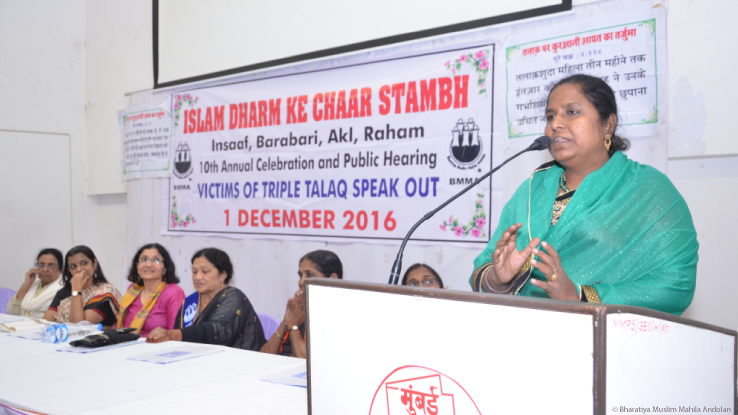Summary
In late 2003, political parties and members of civil society in Venezuela collected signatures for a referendum to recall the mandate of President Hugo Cháves Frías. Over 3 million signatures were collected and submitted to the National Electoral Council. Before the Council finished verifying the signatures, in early 2004, President Cháves ordered parliament member Luis Tascón to publish the list of signatures. The list became known as the Tascón list, and Tascón claimed that the signatories participated in fraud, while other public officials called the signatories traitors. Many who needed to revalidate their signature were pressured not to do so. The referendum was held on August 15, 2004, and the President’s mandate was ratified.
Among the signatories on the Tascón list were Plaintiffs Rocío San Miguel Sosa, Magaly Chang Girón, and Thais Coromoto Peña who worked for a company in charge of implementing Venezuela’s border policies. The Plaintiffs held short-term contracts that were continuously re-signed between 1996 and April 2004, but their employment was terminated through a letter dated March 12, 2004. The termination was conducted pursuant to a “right to terminate” clause in the contract and the employer’s claim of restructuring, though the restructuring never occurred.
The Plaintiffs took a number of legal actions alleging unjustified and discriminatory dismissals of their employment prior to filing at the inter-American system. They filed complaints with the Ombudsman’s Office, the Substantiation, Mediation and Execution Judge of the Metropolitan Area of Caracas, the Constitutional Chamber of the Supreme Court of Justice, the Office of the Attorney General of the Republic, the Seventh Chamber of the Court of Appeals, and the Criminal Cassation Chamber of the Supreme Court of Justice. All efforts were unsuccessful.
The issue before the Inter-American Court of Human Rights was whether the Plaintiff’s contracts had been terminated because their names appeared in the Tascón list and, if so, was this in violation of the principle of non-discrimination and the rights to political participation and freedom of expression. The Court found that the identity of the signatories was used for intimidating purposes to discourage political participation and dissidence and that the contract terminations were a form of misuse of power, as the contractual clause was only a “veil of legality to conceal the true motivation” to retaliate against the employees.
The Court held that Venezuela violated the right to request and participate in a recall procedure under Article 23.1.a and b of the American Convention on Human Rights (the Convention) and Article 27 of the Venezuelan Constitution; the right to freedom of thought and expression under Article 13 of the Convention; the rights of access to justice and an effective remedy pursuant to Articles 8 and 25 of the Convention as pertaining to the amparo action filed with the Substantiation, Mediation and Execution Judge; and the right to work under Article 26 of the Convention. The Court stated that each of these violations were in relation to the principle of non-discrimination in Article 1.1 of the Convention.
The Court ordered the State to adopt necessary measures so that the relevant acts of misuse of power do not go unpunished; publish the Judgment and its summary; and
pay pecuniary and non-pecuniary damages and reimbursement of costs and expenses.

